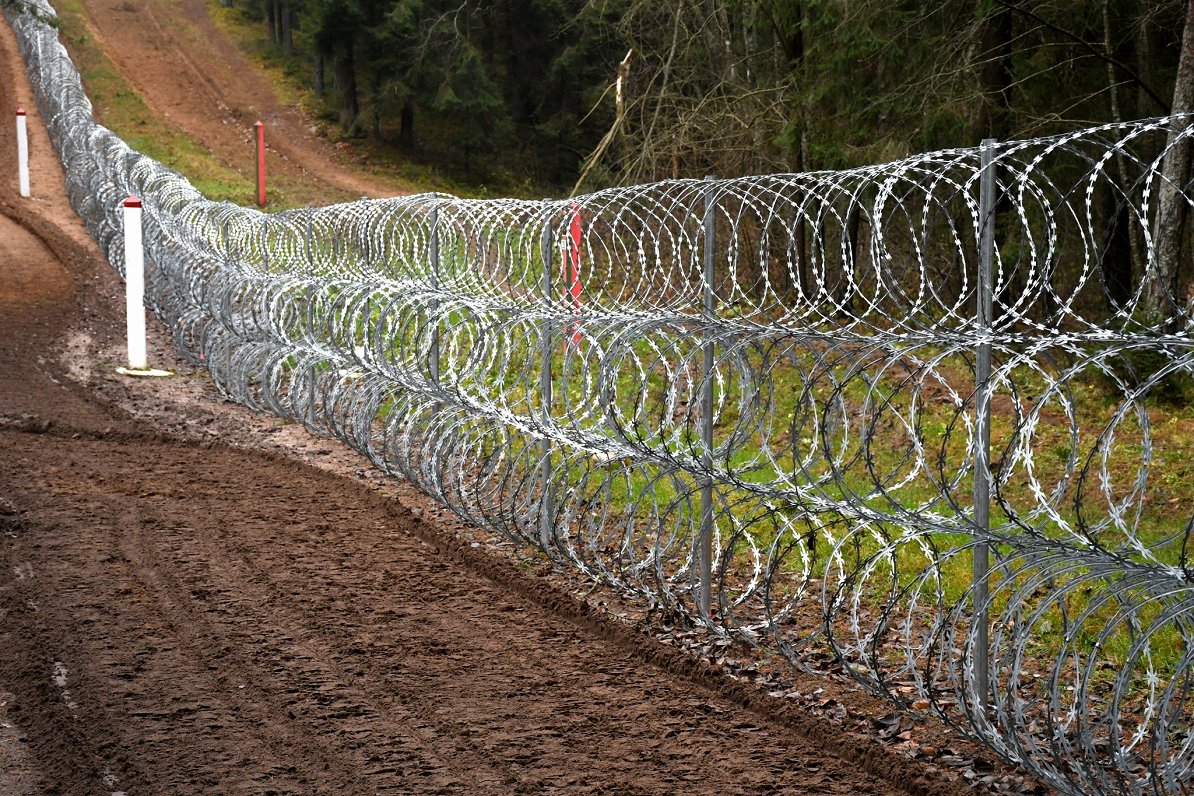The Chief of the Border Guard said that Russian and Belarusian rhetoric was being followed in the context of the Russian mercenary group Wagner and illegal migrants. The border guard is also following information from the intelligence services on the situation on the other side of the eastern border.
In general, the observations of the border guards show possible aggression according to Pujāts. At the same time, however, Pujāts stressed that border guards, along with other services, are prepared to protect Latvia's border.
When asked what the situation was on the Belarusian side of the Belarusian border, Pujāts said he could not reveal all the information. He pointed out that there were “not only regular” border guards on the Belarusian side of the border.
On the Russian border, however, the situation is much calmer. Pujāts said that the number of offences on the Russian border was small.
“In recent years, we see that the threat comes from Belarus,” Pujāts said.
He said each border guard was especially physically prepared for close-up fighting and had taken shooting lessons. In addition, border guards also participate in military training; additional border guards' response teams have been established. “The border guard is not just a classical law enforcement authority,” Pujāts added.
Pujāts also said that the State Border Guard co-operates with the State Police and its special tasks units, as well as the National Armed Forces. Reinforcements will be prepared to immediately come to the site of the incident if there is such a need.
The border guard also uses various technical means to guard the border – drones, helicopters, and satellite companies, Pujāts said.
“I think we will also be able to record serious preparations on the other side of our border. (…) There are enough resources to counter if it is necessary,” noted the Chief of the Border Guard.
Also, instead of regularly extending the state of emergency in the eastern border regions of Latvia, the Cabinet will be allowed to announce a reinforced regime for the operation of the border guarding system if it is determined that a disproportionate number of migrants are illegally crossing the State border or attempting to do so.
In four administrative areas of Belarus border – Ludza, Krāslava, Augšdaugava and Daugavpils – the state of emergency is in place since August 11 2021 in order to limit Belarus's efforts to direct migrant groups to Latvia. The emergency has been extended several times. It is currently in place until August 11.




























